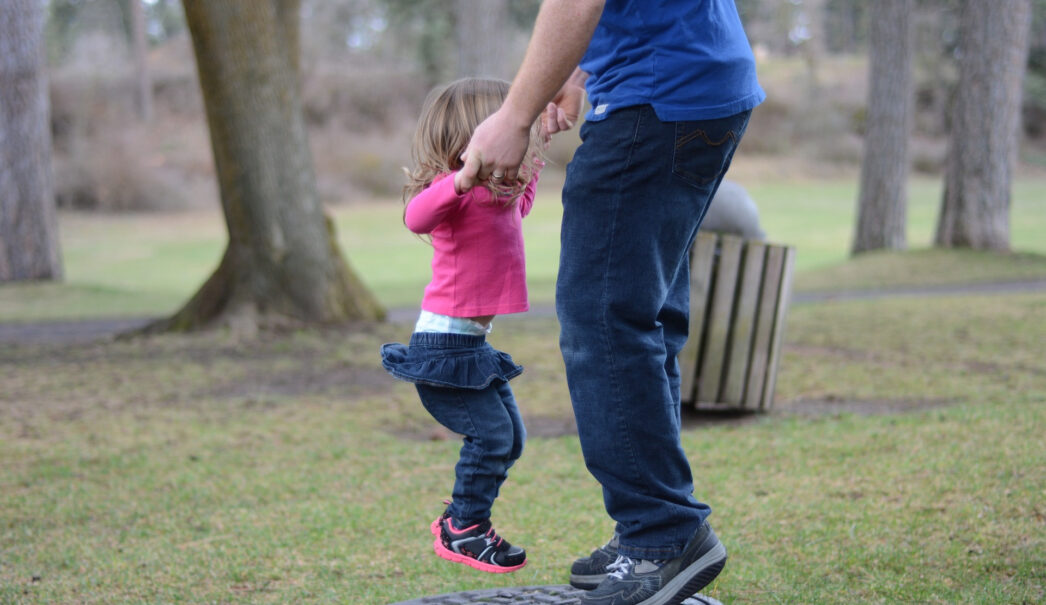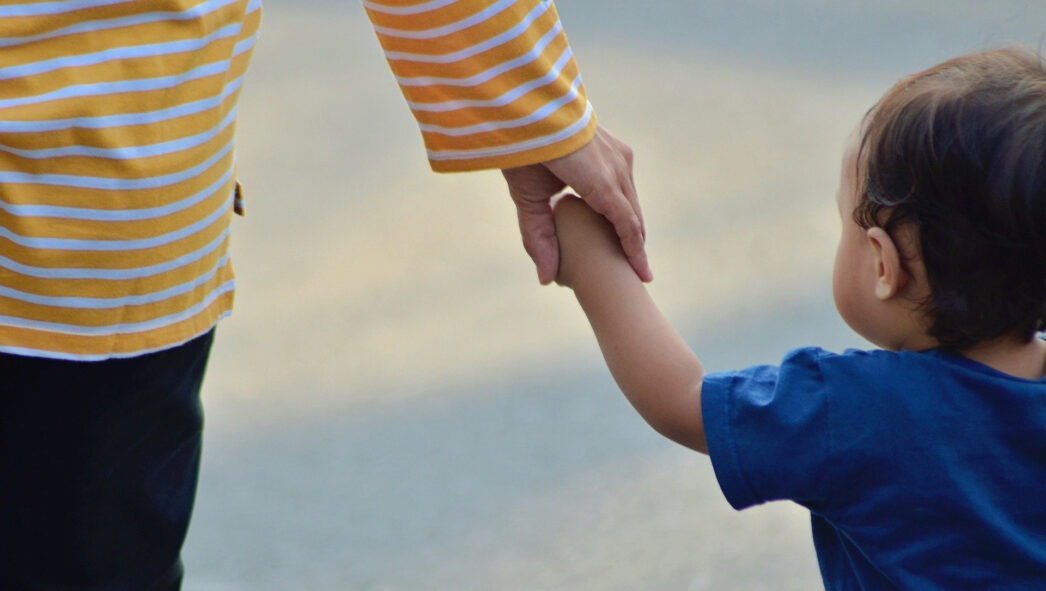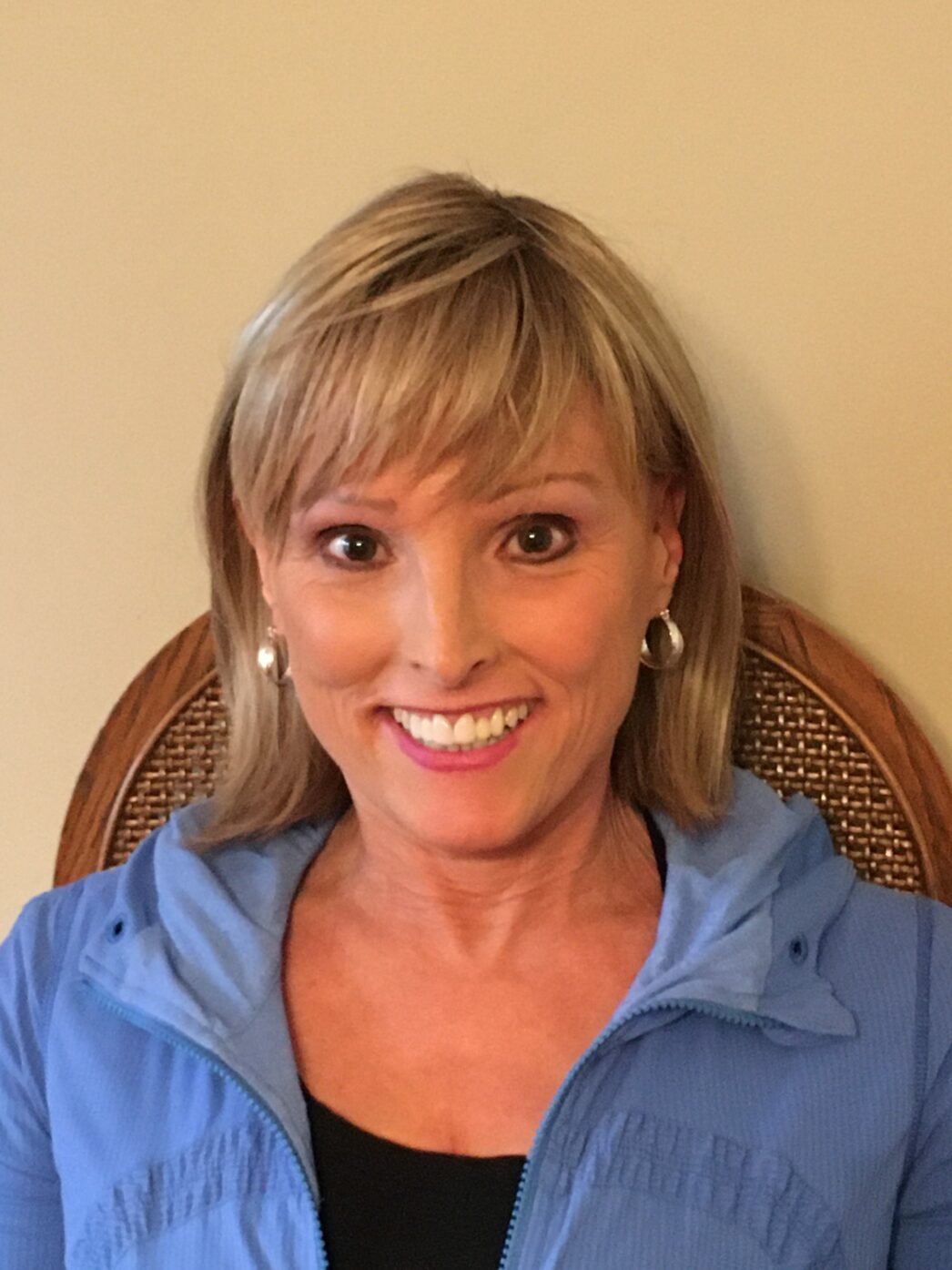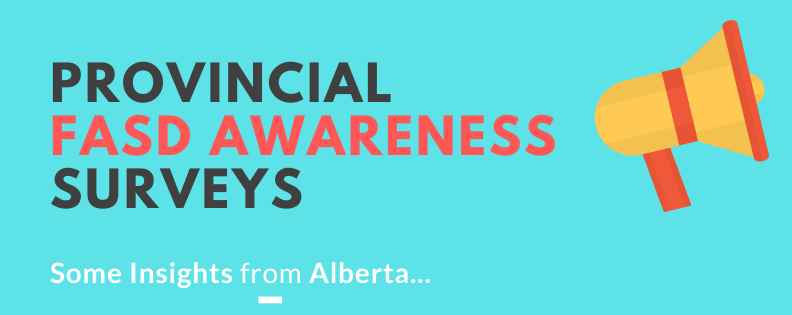When asked to write this blog on what FASD means to me, I struggled. FASD is a complicated disability with many challenging aspects. I finally decided that, in my experience, FASD to this point has meant missed opportunities.
A caregiver’s perspective on what FASD is
I often wonder if my child’s FASD was consistently recognized from a disability lens, while framed within a strengths-based approach for interventions and support, would life be just a slight bit easier to manage?
What FASD Means to Me
Caregiving has meant making my kids live on their own, knowing that they may fail, but also knowing I needed to keep others safe. Sleeping when I did not know where my child was, praying continually that they would live through the night.
“Why Red Shoes?”
Why did I choose to wear red shoes, and what do they signify to me? That is not exactly an easy question to answer in a short time, but please let me attempt to do that here.
The Fetal Alcohol Spectrum Disorder (FASD) Patient Journey Project
By engaging persons with lived experience, we were able to identify and inform service enhancement opportunities in FASD awareness, FASD assessment and diagnosis, FASD care planning and transitions, community-based FASD services and supports, addiction and mental health services, housing support services, education services, and correctional services.
#FeatureFriday – FASD in Canadian news
People with fetal alcohol spectrum disorder (FASD) can have difficult and stigmatizing experiences throughout their lives, as can women who drink alcohol while pregnant. For people who have never knowingly met someone with FASD, the news media could play a key role in shaping their understanding of FASD, alcohol, and pregnancy.
Feature Friday: Mary Ann Bunkowsky
Mary Ann is a mother of two boys. Her oldest is 14 years old and has an FASD diagnosis. Her younger son is 11. He has been diagnosed with a number of neurodevelopmental difficulties, including Autism, but she has been unable to get an FASD diagnosis for him because they have no proof of prenatal alcohol exposure. Mary Ann is … Read More
#FeatureFriday – Provincial FASD Awareness Surveys
This is how our study came to be. We realized there are a number of different tools and questions surveys use to try and measure the same thing: FASD awareness. We wanted to evaluate how effective these tools were in getting an accurate measurement of this concept.
Respecting Rights Coordinator Sue Hutton shares her journey at ARCH Disability Law Centre
In delivering Rights training to staff and observing how the self-advocacy movement across Ontario looked like it could use a major facelift, I began to consult with Rights lawyers at ARCH Disability Law Centre to learn more about the legal rights of persons labeled with intellectual disabilities. It seemed as though the law was missing from the fabric of how rights work was being carried out across Ontario’s developmental services agencies. It wasn’t just one agency or another – it was the whole province from what I could gather through academic searches, literature reviews, and my own environmental scans.
#FeatureFriday: World Congress of the International Association for the Scientific Study of Intellectual and Developmental Disabilities
Submitted By: Alicia Groom This past August, I was lucky enough to get to travel to Scotland to present an oral presentation at the World Congress of the International Association for the Scientific Study of Intellectual and Developmental Disabilities (IASSIDD). This conference was held in the historic city Glasgow at the Scottish Event Campus (SEC). As many as 1,254 abstracts … Read More








